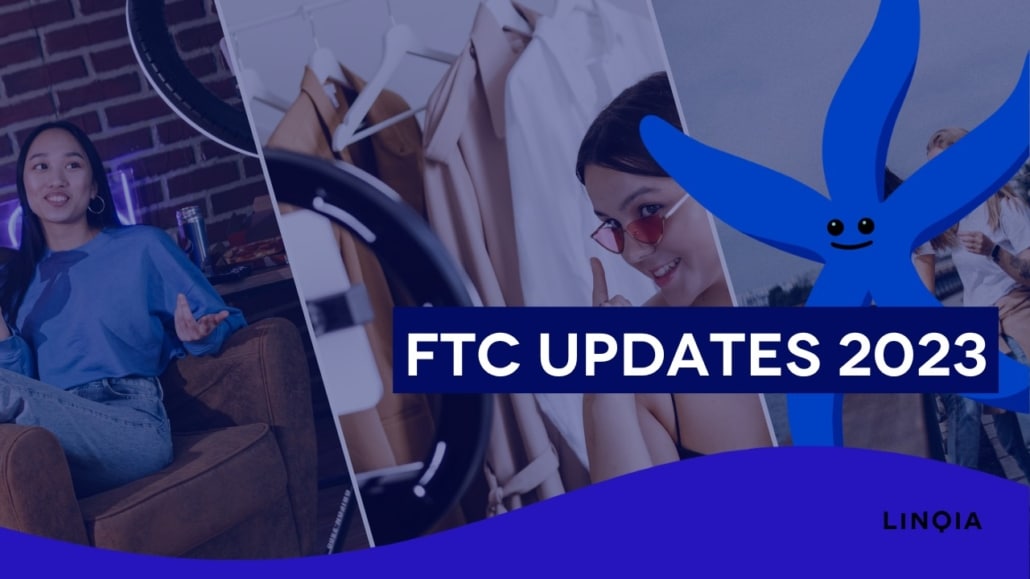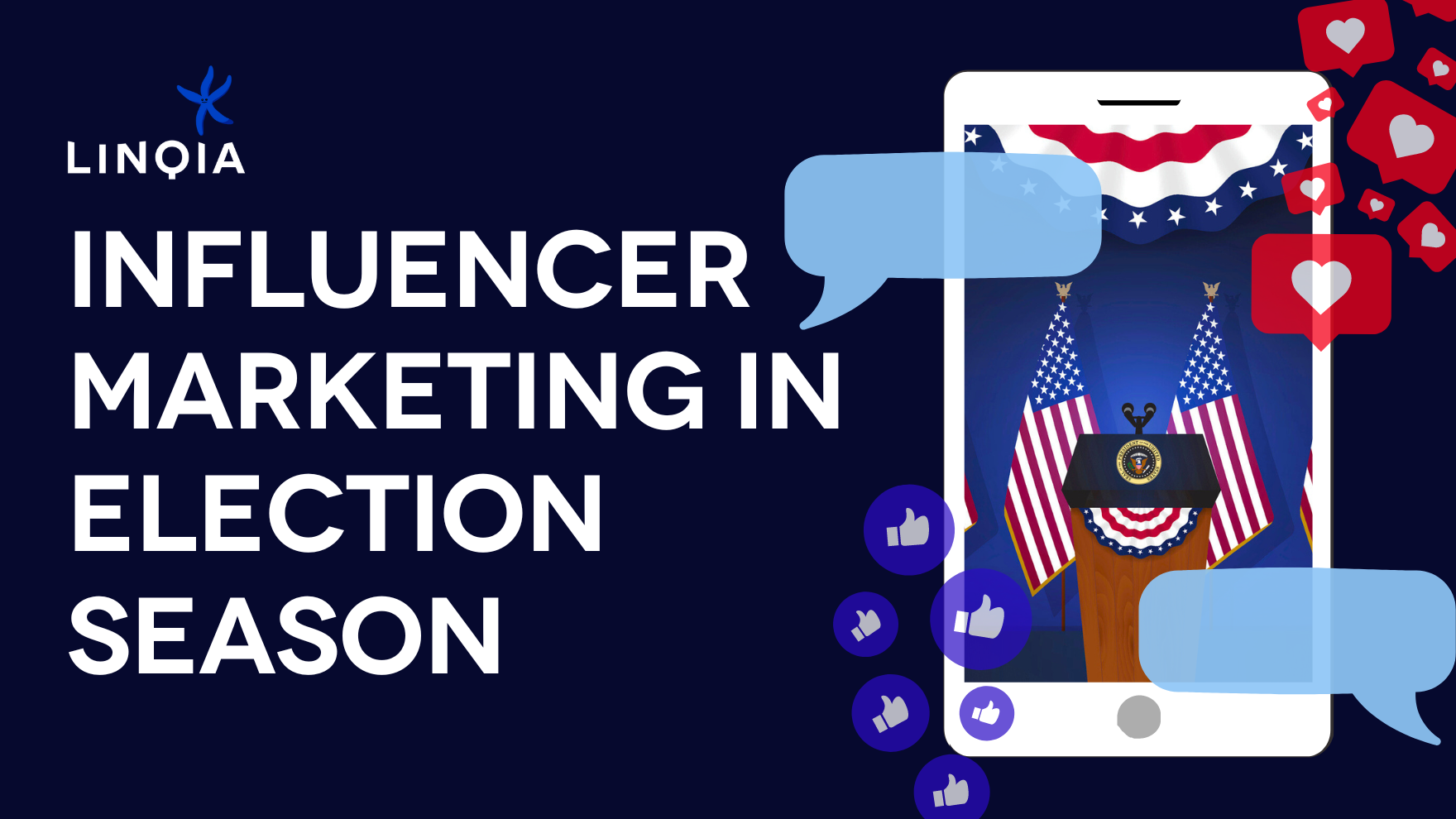The Federal Trade Commission (FTC) recently updated its disclosure guidelines, something they hadn’t done since 2009. If you work in the influencer marketing industry, that’s a lifetime of change since the last update, so this was a big deal.
Whether you’re an influencer, marketer, or brand, understanding these guidelines is crucial to navigate the ever-evolving landscape of influencer marketing successfully. Let’s break down some of the key points.
- Expanded Definition of Endorsements: The definition of endorsements has been expanded to include virtual influencers, fake reviews/reviewers (both real and non-existent entities), social media tags, and “likes.” These changes reflect the FTC’s efforts to address advancements in technology and AI in marketing. Free products must also be disclosed, even if there was no cash payment.
- Clear and Conspicuous Disclosures: The new guidelines emphasize the importance of clear and conspicuous disclosures, warning that relying solely on a platform’s built-in disclosure tool might not be sufficient. Disclosures should be easily noticeable, understandable, and unavoidable to ordinary consumers. Tagging a brand in a post or using hashtags like #sponsored or #ad don’t qualify as proper disclosures if they aren’t clearly visible to all users. That means creators making short form video content on Reels, TikTok, and Shorts must feature those disclosures within videos themselves, not just in text or captions.
- New Principle on Consumer Reviews: The guidelines now articulate a principle addressing the procurement, suppression, organization, upvoting, downvoting, or editing of consumer reviews to avoid distorting consumer opinions of a product.
- Addressing Incentivized and Fake Reviews: There is specific guidance on incentivized reviews, reviews by employees, and fake negative reviews by competitors. Advertisers should be cautious of engaging in such practices to maintain transparency and avoid misleading consumers.
- Liability for Endorsers and Intermediaries: The updated guidelines clarify that not only advertisers but also endorsers, influencers, brand ambassadors, and intermediaries like advertising and PR firms can be held liable for deceptive endorsements. Recent FTC warning letters to social media influencers highlight the importance of proper disclosures and compliance with the guidelines. Past fines have been up to $50,000, so this is no joke.
The FTC’s updated guidelines and proposed rules can be complex to navigate. To enhance your understanding, the following resources are available:
- FTC’s Endorsement Guides: What People Are Asking (Endorsement FAQs): This comprehensive FAQ document addresses common questions and provides specific guidance on influencer marketing, disclosure requirements across platforms, and the use of online reviews and feedback.
- Disclosures 101 for Social Media Influencers: This FTC guidance document offers practical information for social media influencers on how to make clear and conspicuous disclosures when promoting products or services.
Remember, it’s crucial to consult legal counsel to ensure full compliance with FTC guidelines and rules. These resources and insights provide a foundation for understanding the updated guidelines and proposed rules governing endorsements and testimonials.




